Billy Kenny had been making the bed with his fiancee when he had a sudden thought: Where was he, and why were they making a bed?
He’d been having a few problems with his memory recently, which were beginning to make him a little worried.
And his partner, Jen, had noticed an increase in how often he’d start staring into space or speaking “absolute gibberish”.
(Although, the 50-year-old of Aberdeen admits, that was something most people who know him are used to anyway.)
He’d always assumed epilepsy was a lifelong condition, involving fits of uncontrollable shaking.
And this made the news he’d soon receive from his doctor even more confusing.
Billy was told he had focal impaired awareness seizures, a type of epilepsy.
These affect a person’s consciousness and can leave them confused and unable to understand what’s being said to them.
For some people, including Billy, they’re left with no recollection of the seizure.
“At that point I was thinking ‘I’m 46, how is it even possible?’.
“I always thought epilepsy was something you have from birth.”
‘I lost my job – but I was luckier than most’
The diagnosis had a massive impact on Billy who, at that time, travelled extensively for work.
He couldn’t drive any more because of his seizures, and he ended up losing his job because it just wasn’t feasible for him to continue.
Thankfully, he was able to start up his own business and continue working. He’s now employed by another firm as a senior quality, health, safety and environment adviser.
And, if he can remain seizure-free for 12 months, he’ll be able to get his driving licence back.
“I really feel sorry for people who have various forms of epilepsy, particularly those who have what you’d call a fit,” he said.
“In a lot of those cases I see online and through support groups from Epilepsy Scotland, some people are losing their employment and can’t even obtain more.
“I was so much luckier than most.”
Trepidation: ‘What if I have a seizure here?’
Billy’s condition continues to worsen, to the point that sometimes he’d completely zone out and fall during a seizure.
Occasionally he’ll start to smack his lips or even drool – a sign he jokes is “particularly attractive” to others.
“It’s not a worry to you, because you’re unaware of it, but it’s disturbing for the people who’ve seen me,” he said.
“For example, you could potentially hit a table or fall down some stairs.
“If you’re standing next to a rail line, in your head you’re going ‘What if I have a seizure?’
“It’s not fear, but there’s a bit of trepidation in these situations.”
For Billy, there’s extra concern as he and Jen are expecting their first child in the spring.
“We’re over the moon, but periodically I think ‘what if I pick them up and potentially have a seizure’.
“There is the potential for it, and a bit of anticipation – you’d hate to think something like that was to happen.”
Finding the cause: ‘My brain was normal’
Amid his diagnosis, Billy was given a brain scan.
Doctors were keen to check for the likes of tumours for a possible explanation for his symptoms.
However, nothing showed up, leaving the cause something of a mystery.
“It made me laugh to be told my brain was normal, because it’s clearly not,” he said.
“To be told you’re normal – that’s quite something for an Ayrshire boy.”
He’s not entirely sure of the potential triggers for a seizure either, but the couple have got some ideas.
Billy said: “Some people say it’s stress, but I don’t particularly feel like I’m a stressed type of person.
“My fiancee says if I can have too much to drink that can be a potential trigger for me, so I tend not to.
“And then there’s caffeine. I drink a lot of coffee – four or five double espressos a day – I just love them.
“But it’s my one thing. I think I’m a pretty clean-living guy – I eat well, we go on walks regularly and exercise.
“So I just think ‘I’m having them’ – life’s too short.”
‘It was a massive low, but now it’s just life’
Billy’s attitude towards his condition is just to take it as it comes, and try not to let it dictate his life.
“I come from a big family and we’ve experienced everything – you have these travesties and misfortune, and a lot of people with medical conditions,” he explained.
“I tend not to think too much about it.
“I’m completely fine now, it’s just one of those things – I’m not particularly perturbed about it.
“But at the start when I lost my employment, that was a difficult time mentally.”
He’s also taken great strength from his fiancee, family and friends both near and far.
Billy added: “I like to keep in touch with people through Epilepsy Scotland and their online forums and offer a wee bit of advice where possible. I can also learn from them.
“I can’t imagine people even in the same circumstances as myself, except they don’t have partners – it must be particularly difficult.
“In situations where you’re coming out of a seizure, sometimes you don’t know where you are, but that must be quite frightening for people without anybody around.”
How Billy copes with epilepsy
He’s encouraging anyone with the condition to make sure their loved ones know the potential signs of an impending seizure, and what to do in that situation.
“Tell people you have it, rather than hiding.
“It can be frightening for those seeing someone having any form of seizure.
“Maybe they don’t know how to react or if things are OK, as there can be the potential for difficulties or for them to be affected mentally as well.”
Speaking about it could help uncover some answers too.
Billy said: “Tell your friends and family, and there are always wee anecdotes from them as well.
“It’s strange as, while it was adult onset, a number have said as long as they’ve known me I’ve seemed to blank out sometimes.
“I just took it as one of my things.
“And as for talking rubbish,” he added. “Well, that’s what I’m famous for.”
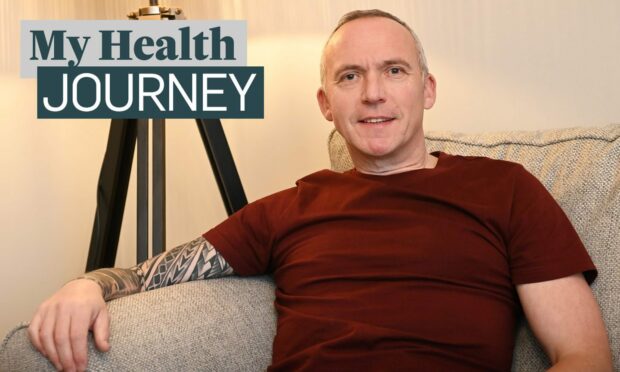
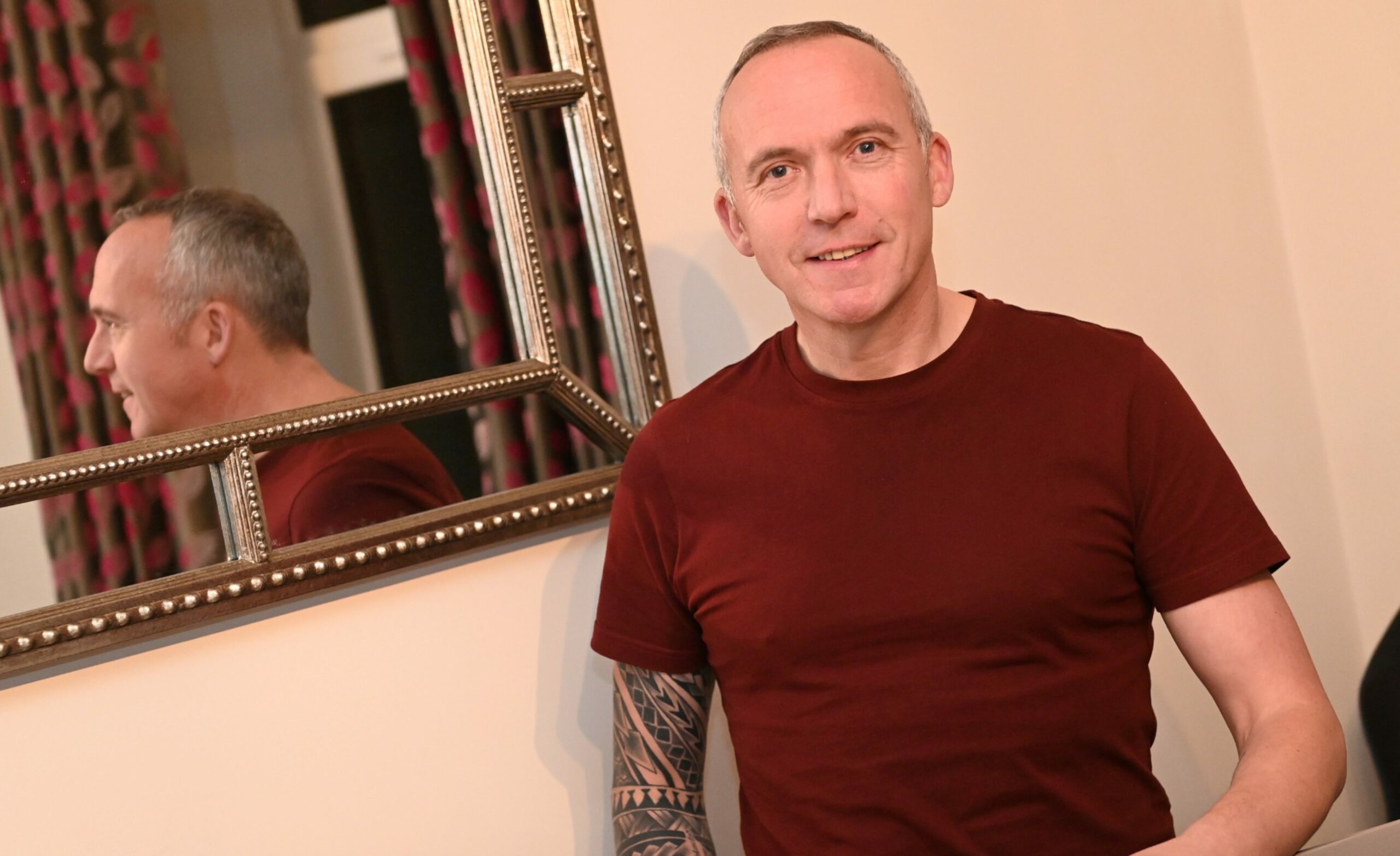


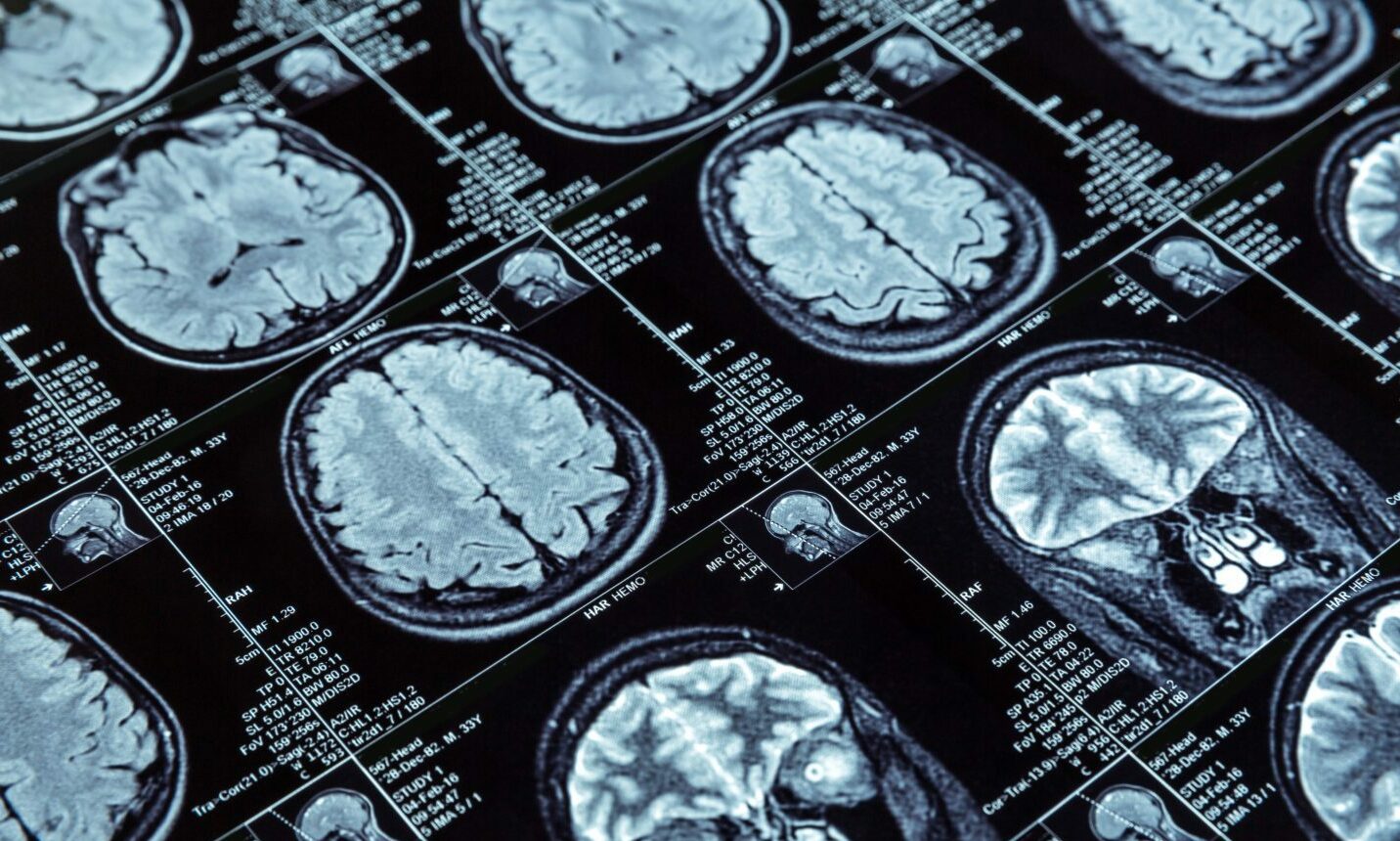

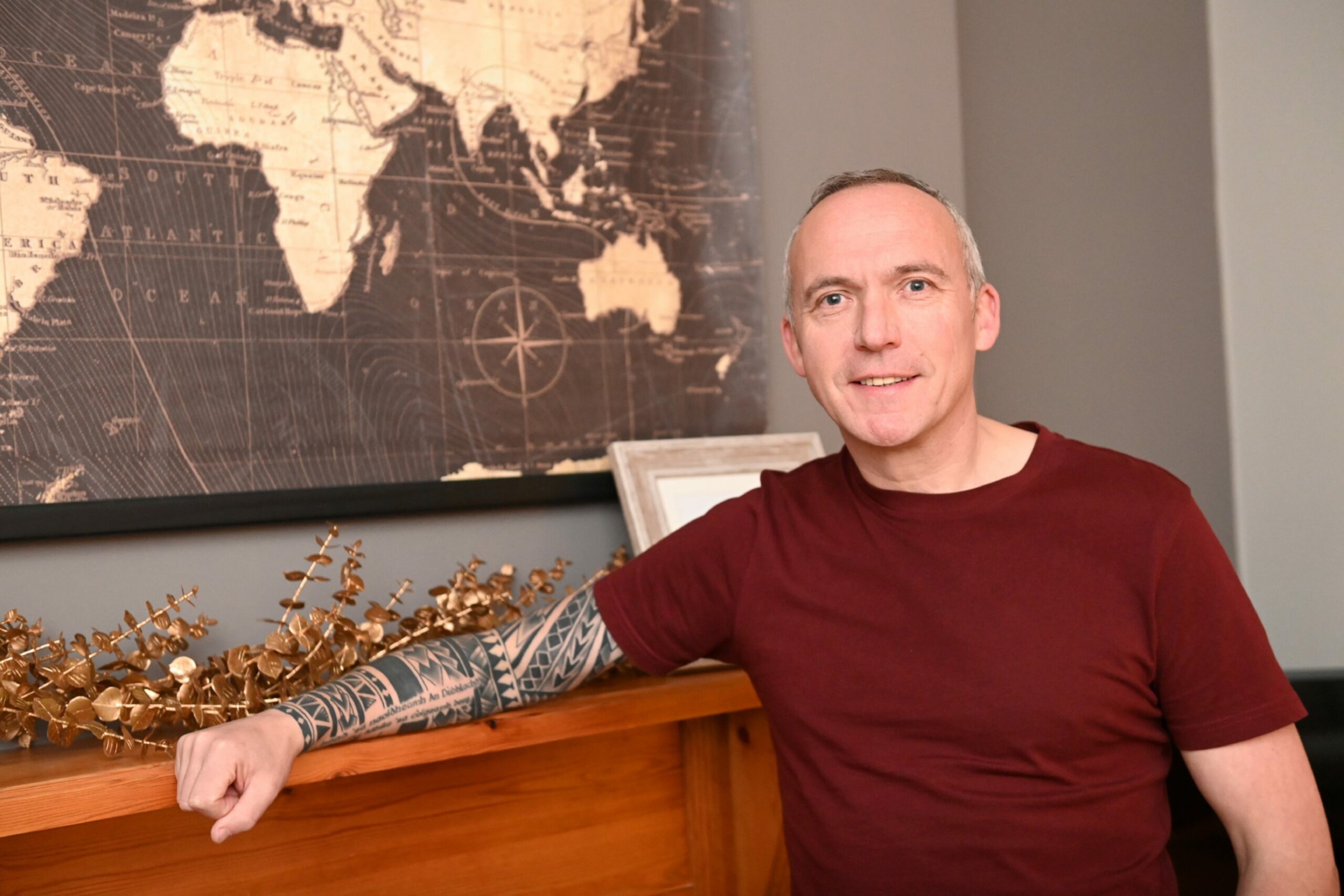



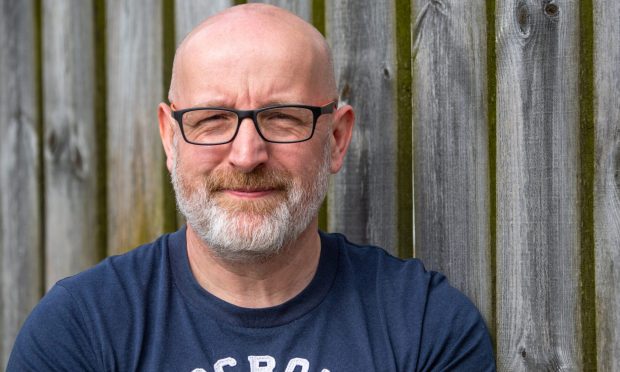
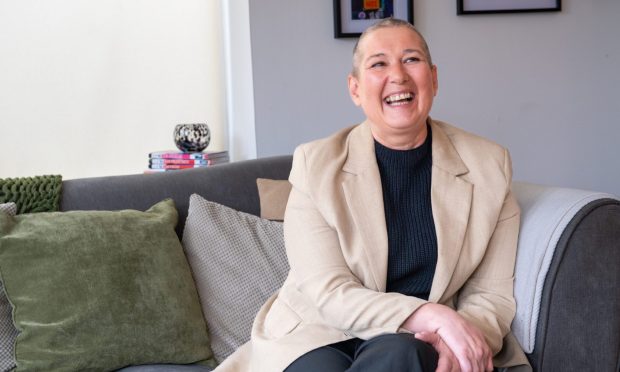

Conversation